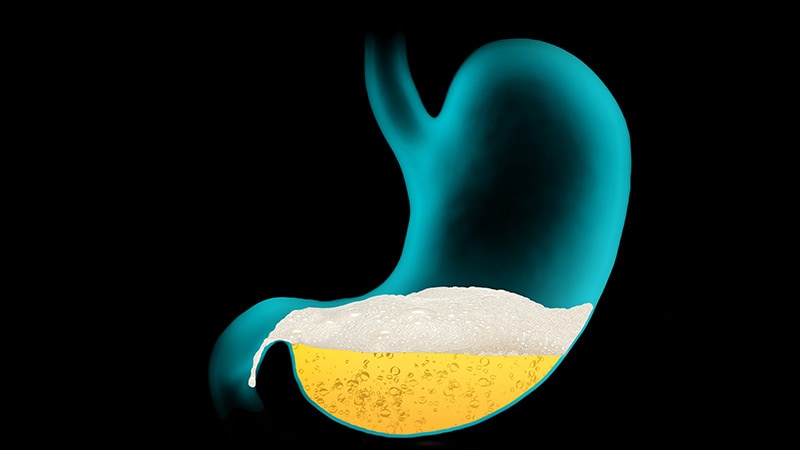Recurrent Alcohol Intoxication Despite Abstinence: A Case of Auto-Brewery Syndrome
The content describes the case of a 50-year-old patient from Toronto who presented repeatedly to the emergency department with alcohol intoxication despite credible denial of alcohol consumption. The patient had not been drinking alcohol for religious reasons, as confirmed by her family.
The patient had a history of recurrent urinary tract infections, reflux disease, and had taken antibiotics and proton-pump inhibitors. In the emergency department, the patient presented with slurred speech, alcoholic breath, and blood alcohol levels up to 62 mmol/L (normal < 2 mmol/L), despite normal liver function tests.
After multiple visits and psychiatric evaluations, the attending physician finally considered auto-brewery syndrome. The patient was prescribed oral fluconazole and advised to follow a low-carb diet, which led to resolution of symptoms. However, resuming a carbohydrate-rich diet triggered a recurrence of the episodes.
The case highlights the importance of early diagnosis of auto-brewery syndrome, as it can significantly impair a patient's social and work life. Interdisciplinary care involving a low-carb diet and antifungal therapy is the preferred therapeutic approach. Microbial diagnostics should be performed before initiating empirical antifungal therapy to identify the responsible microbial species.
Customize Summary
Rewrite with AI
Generate Citations
Translate Source
To Another Language
Generate MindMap
from source content
Visit Source
www.medscape.com
The Case of the Drunken Teetotaler
Key Insights Distilled From
by Céli... at www.medscape.com 07-23-2024
https://www.medscape.com/viewarticle/case-drunken-teetotaler-2024a1000djt
Deeper Inquiries
